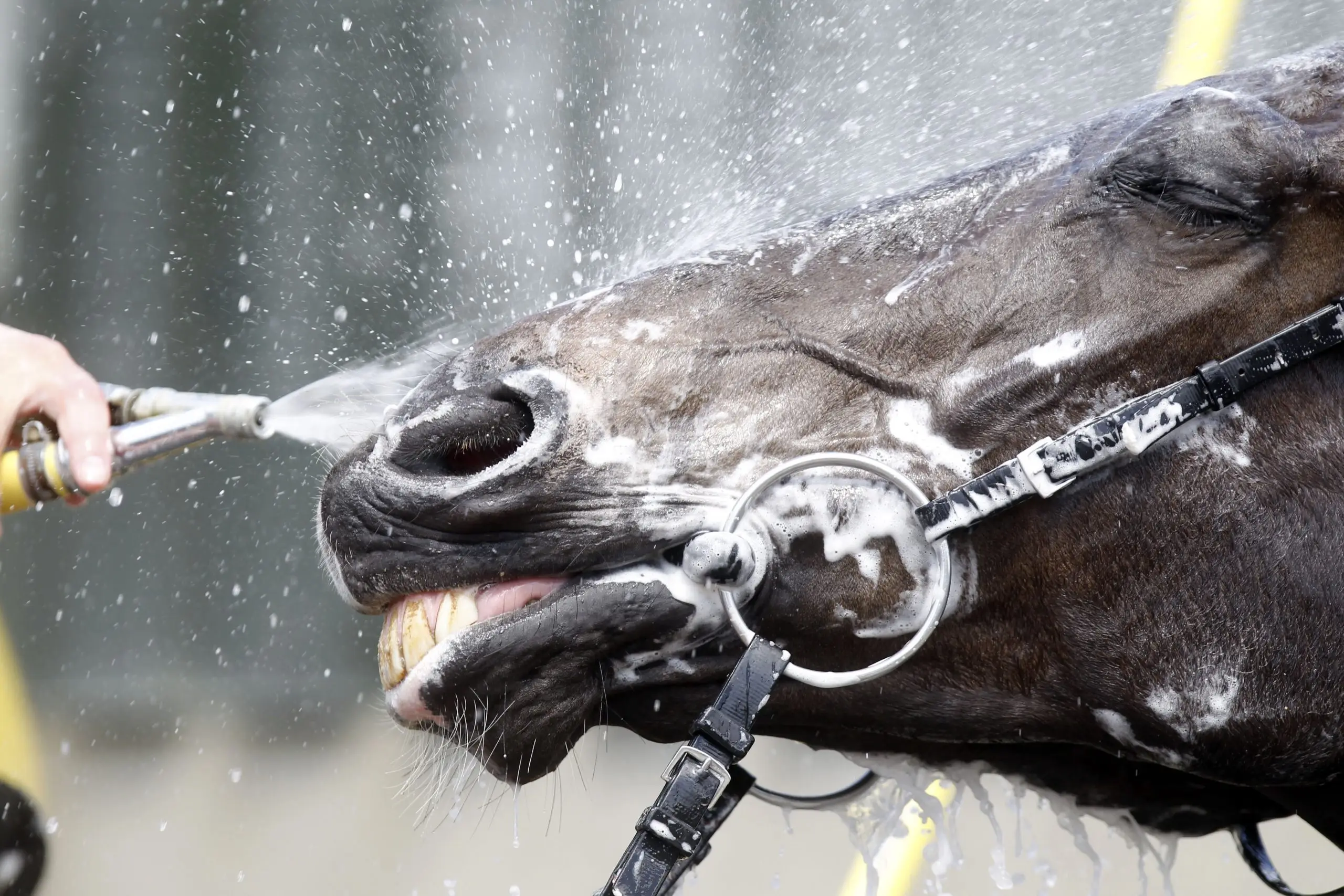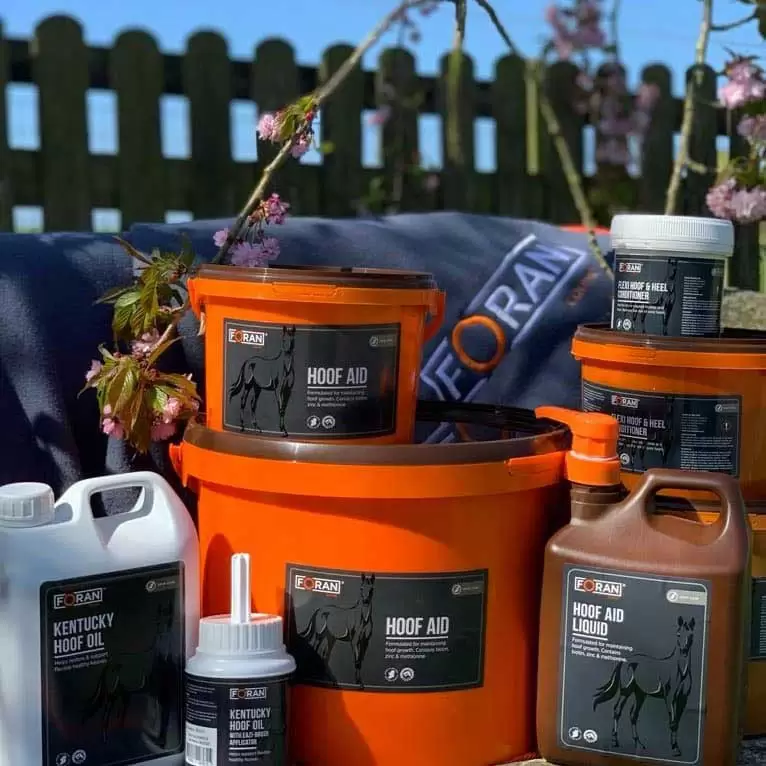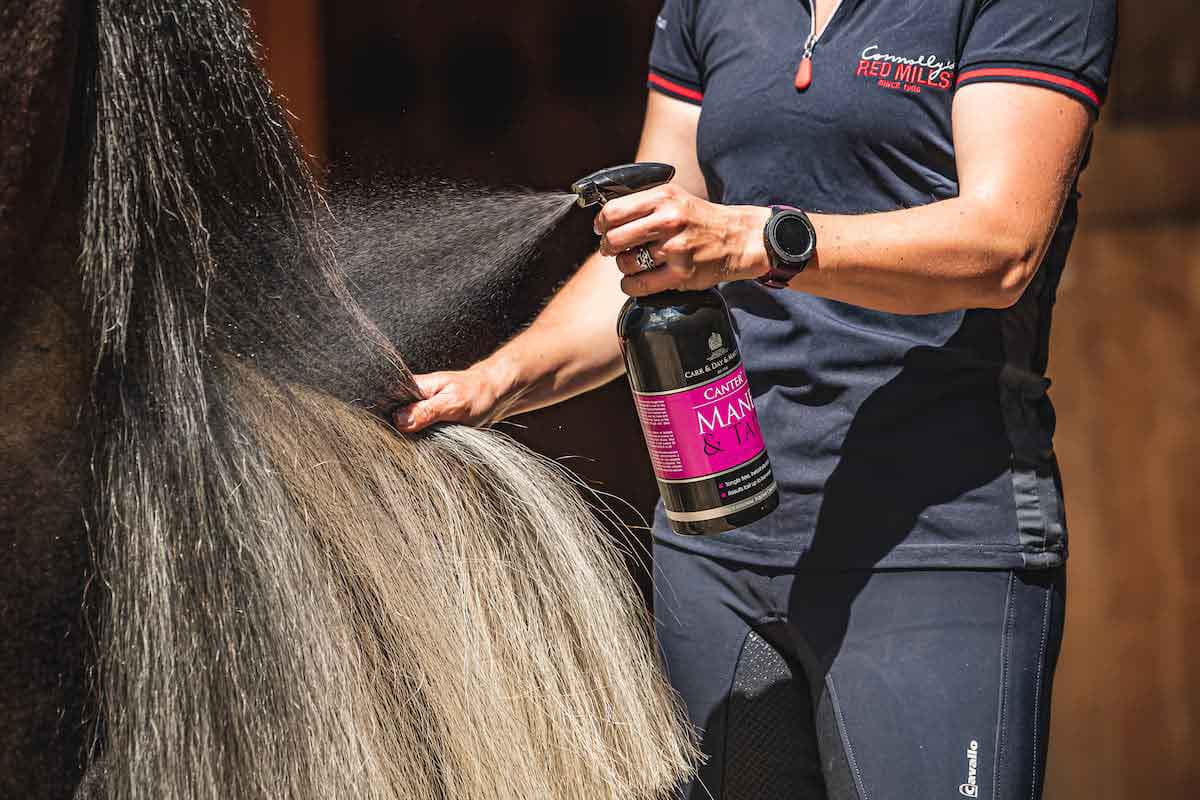Through the winter months many of us choose to, or need to, stable our horses for longer periods. Whilst some horses love nothing more than being cosily tucked up in their stable, others can find long periods of confinements stressful or can become overly excitable.


Connolly’s RED MILLS Care Range of feeds has been specifically formulated to provide controlled levels of starch and sugar, meaning that they are ideal for horses prone to being excitable, anxious or ‘stressy’. In addition, because we know that anxious or easily stressed individuals can be more prone to digestive problems including gastric ulcers, colic and loose droppings our Care Range contains a unique Care package. This includes two prebiotics, yeast and a long-lasting natural gastric buffer to help support and maintain a healthy digestive system.
If you have already made changes to your horse’s diet and are managing their exercise levels and environment to help minimize stress, anxiety or excitability then it may be worth considering a specific calming supplement. There are a high number of calmers on the market, so it is important to note when making your choice to look at the active ingredients included. Calmers with one single ingredient e.g. magnesium may be less likely to influence a horse’s behaviour.
The importance of reviewing the overall management of your horse including diet, exercise levels and general environment, is important in getting to the root cause of any horse’s anxiety. For more help and advice, please contact our nutrition team.







